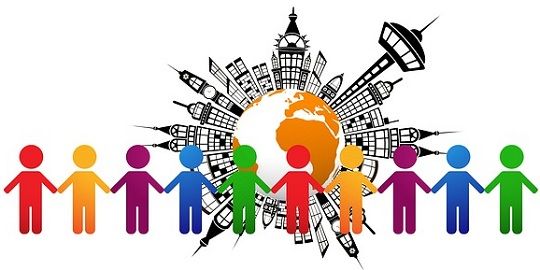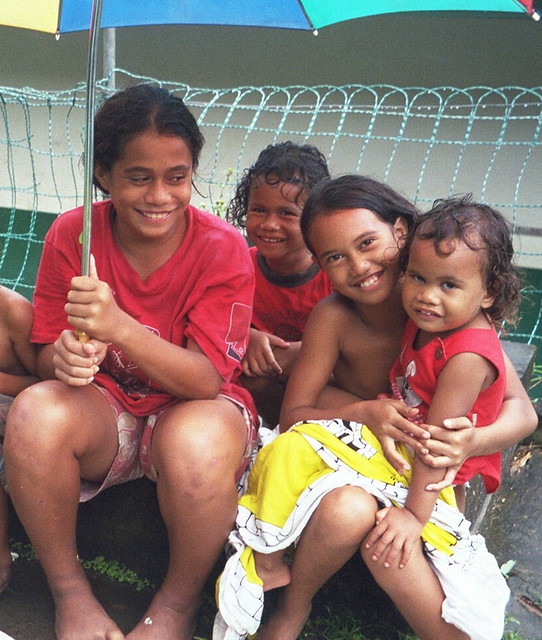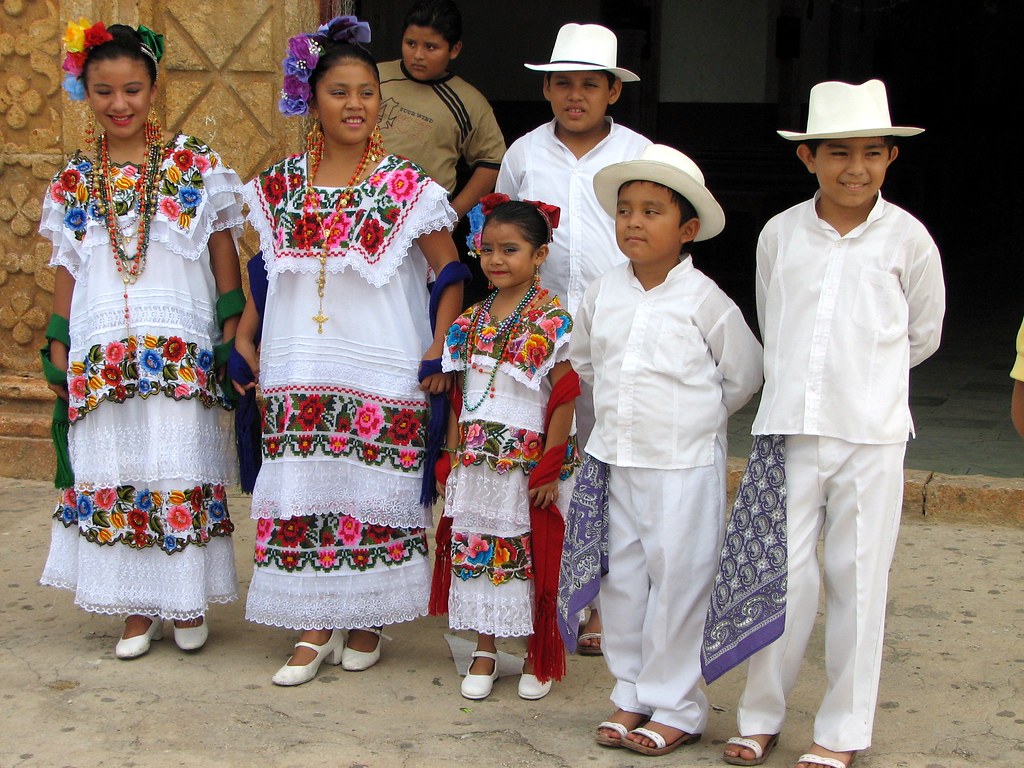Parenting from a Different Angle
There really is no perfect, fool-proof way to raise children. What helps your child, may hender another.
I believe the typical parents do the best they can. This can vary tremendously based on region, religion and beliefs. You can try, try and try some more, but at the end of it all. Do what you feel is right. Let's take a look at various traditions around the world.
Denmark
According to statistics, children of Denmark are much less likely to cry their way through the babying phase of childhood. It is seemingly due to the responsive tendencies of parents in this region of the world.
Attributing to this equation may have something to do with prolonged maternity leave.
Danish mothers are permitted a month of maternity leave and an entire year after birth. The younger years of a child's life seem to be so crucial. It seems obvious why these practices could have such a big effect on fussy tendencies of danish children.
Many danish parents seem to take a closer perspective on using empathy over harsher punishments. Creating boundaries, but avoiding ultimatums seems to be of heavy practice. Mostly used as a sign of mutual respect for one another. Clearly explaining rules and why one must follow them.
I hope you've gained a bit of insight as to why Denmark seems to take the cake far as parenting is concerned.
Polynesia
The Polysian tribes have taken an interesting practice in parenting. They believe in bringing older siblings into into more of a parenting role. Children young as 5 are taught to look after the babies of the family.
"Soon as children are able to walk, they are turned over to the care of older siblings."
Children are taught to be more independent and rely on themselves. Different from most cultures they are taught to seemingly raise themselves. Breaking away from a form of structure most find so critical. In order to quench the urge to play or hang out with the bigger kids self reliance can play a big role.
Could self reliance in proper parenting. We'll leave that for you to decide.
Japan
Independence seems to be big part of Japan's culture as well. Children are taught to protect and take care of themselves at a very young age.
It is not uncommon to find toddlers taking their own bus or making their way to and from home alone. Many cultures may consider this neglect. The Japanese consider it a way of life, from shopping to cooking and many others.
Harsh as it may sound, try to look past the status quo!
Kenya
The people of Kenya seem to believe involving whole villages is key to proper growth. Making culture such an important part of their lives.
From tribal traditions, to hunting, or simply gathering fruits and vegetables they are taught at a very young age to participate with one another. Difference from western culture where the children are pushed into such activities at a much older age. I believe this has much to do with the learning experience of working/building siblings and adults alike so much closer.
Mexico
Mexican families seem to sour at the idea of 7 or 8 O'clock bed times. Staying up late can increase the social experience of growing up with parents and other siblings.
Ranging from mexican parties, to traditions and heavy cultural values they could have something here. Early bed times tend to restrict the social activities among others. A social infrastructure could be so crucial to involving children with developing trust and the importance of family.
.... to be continued and till next time








Comments
Post a Comment